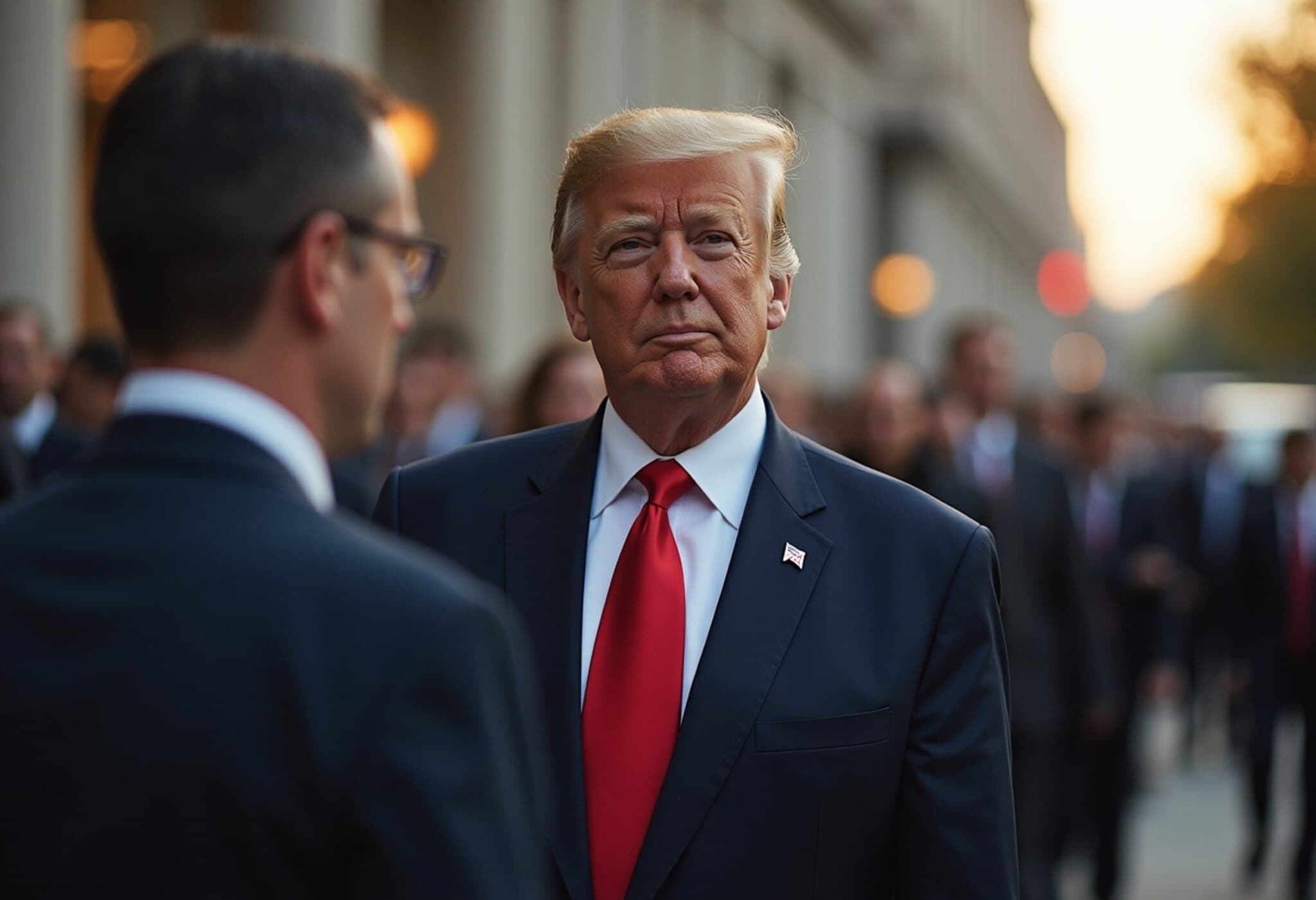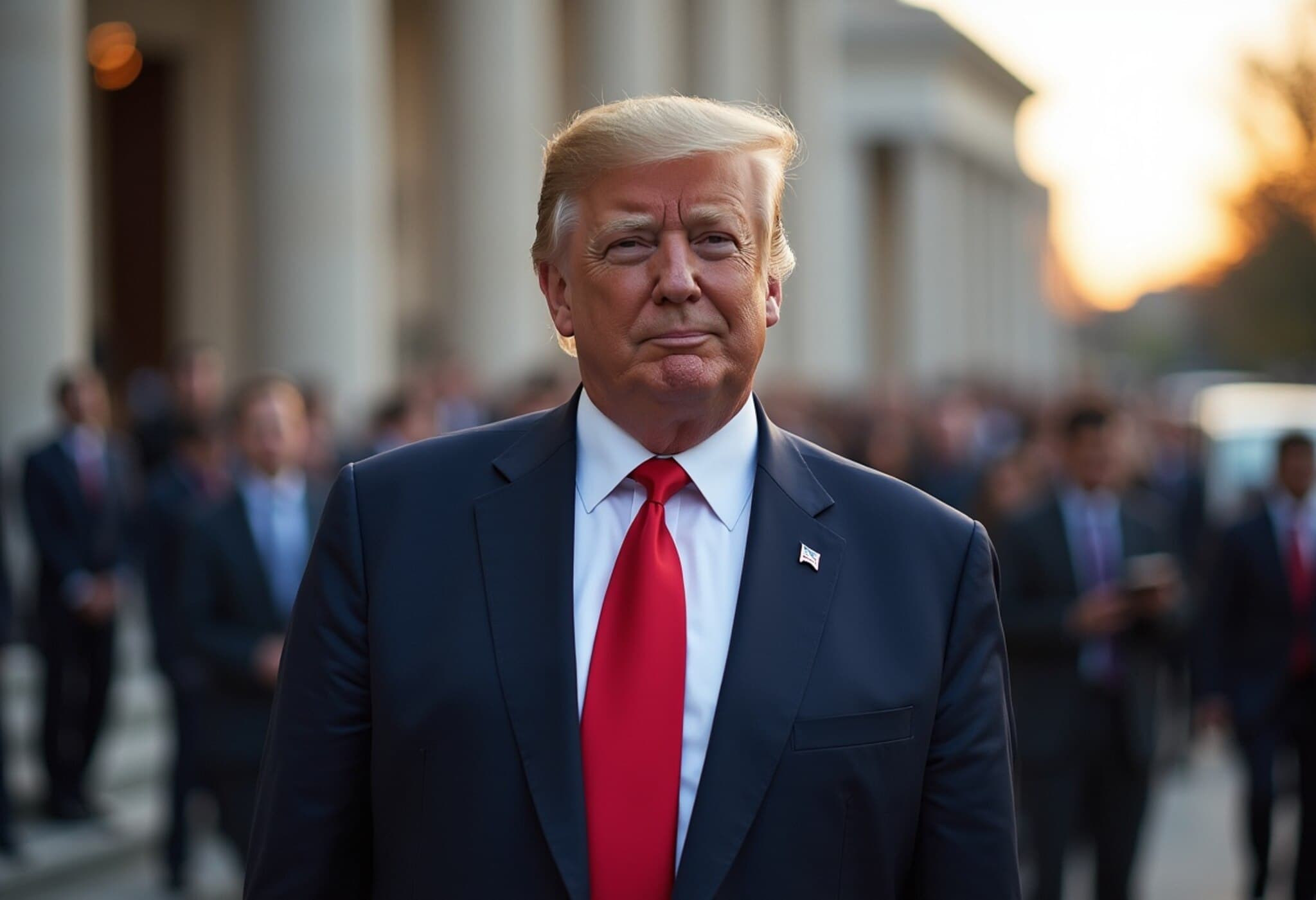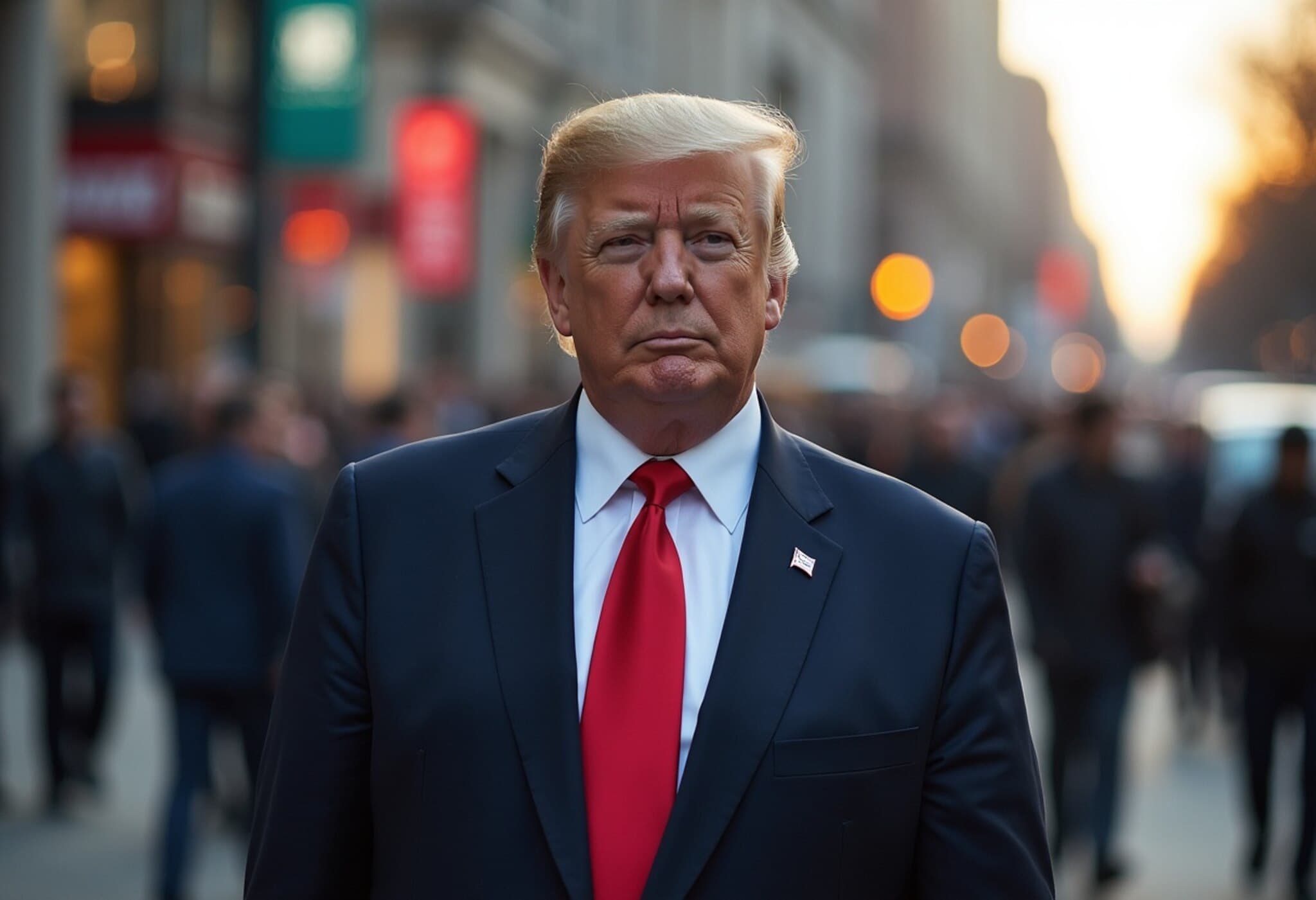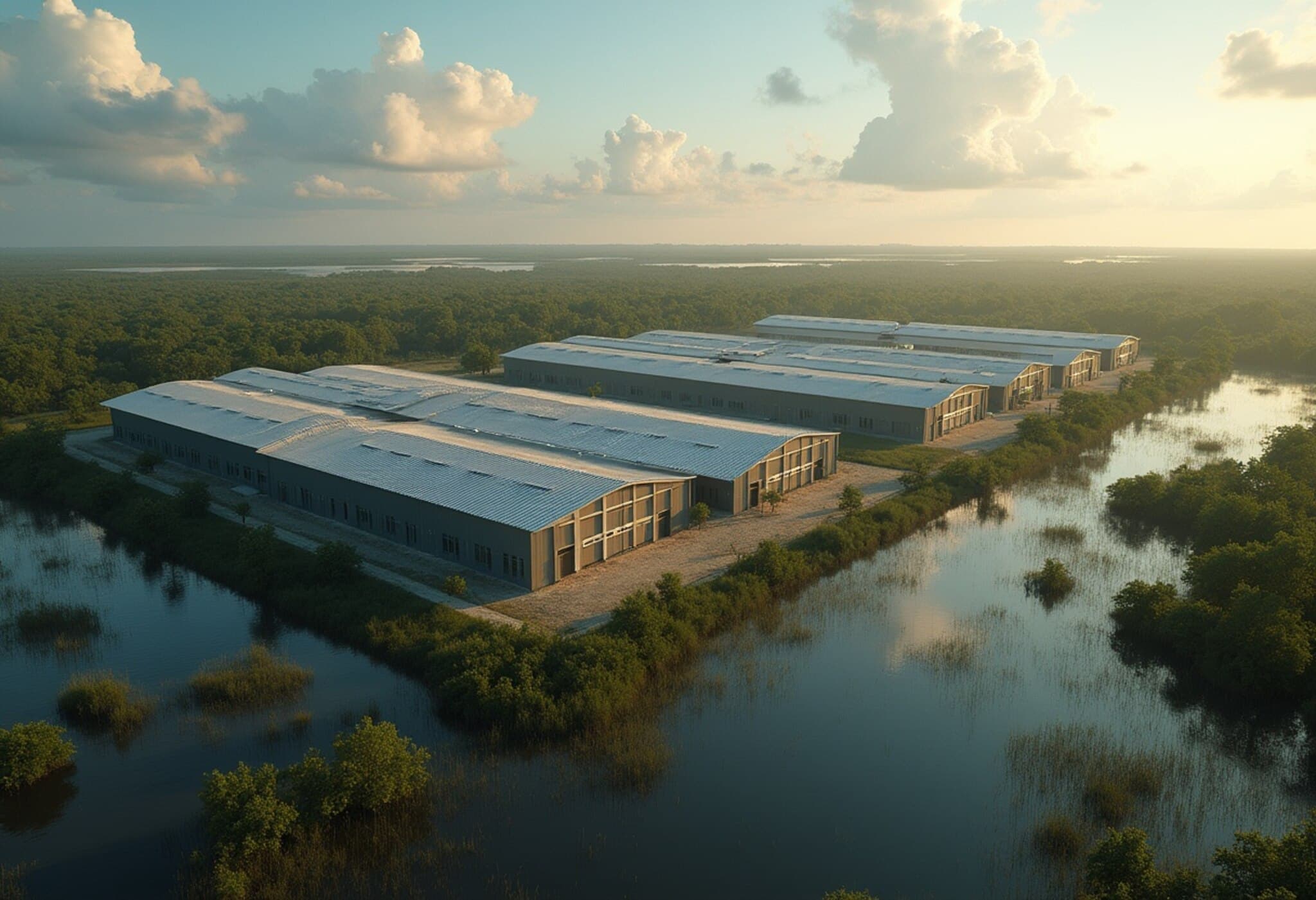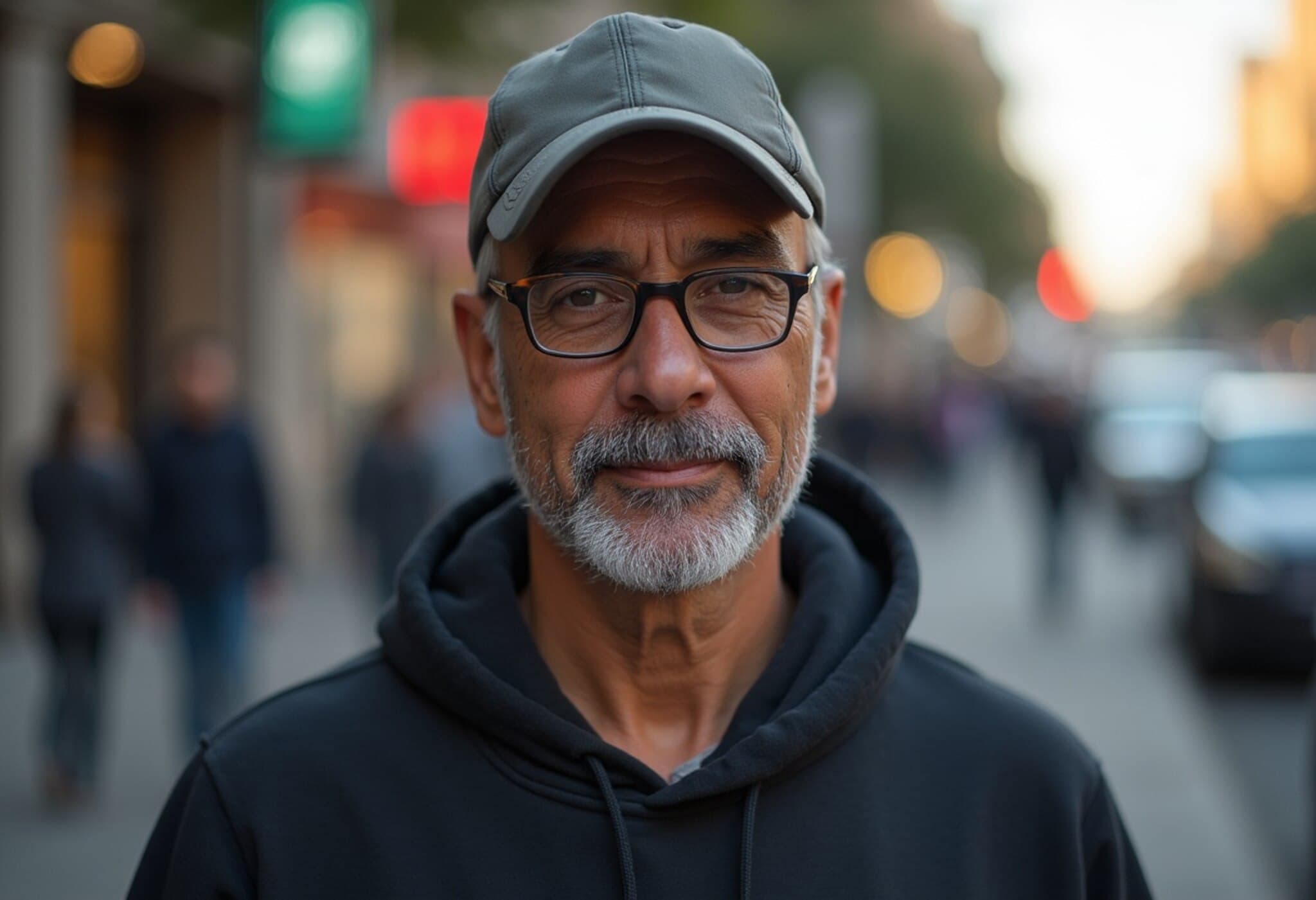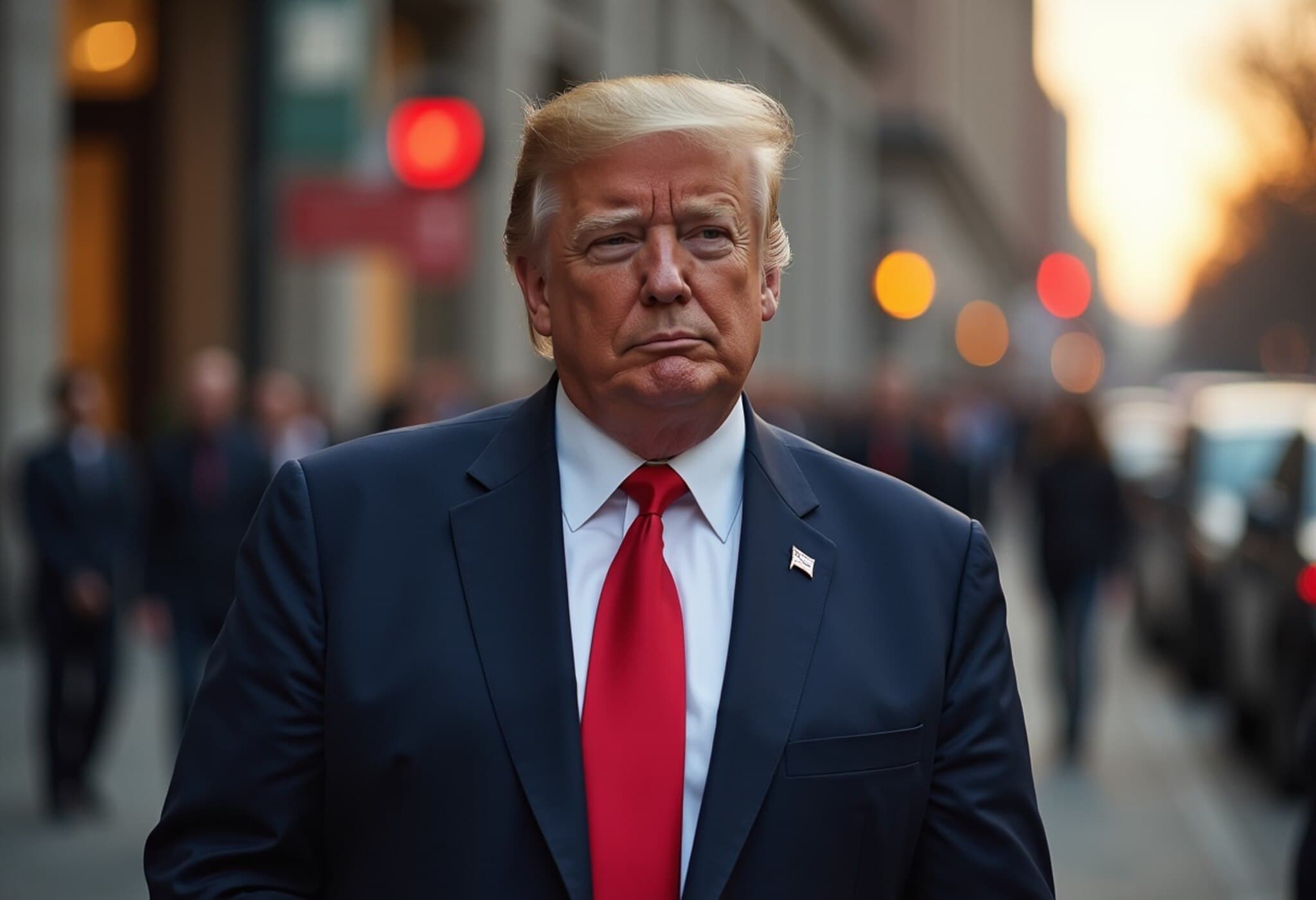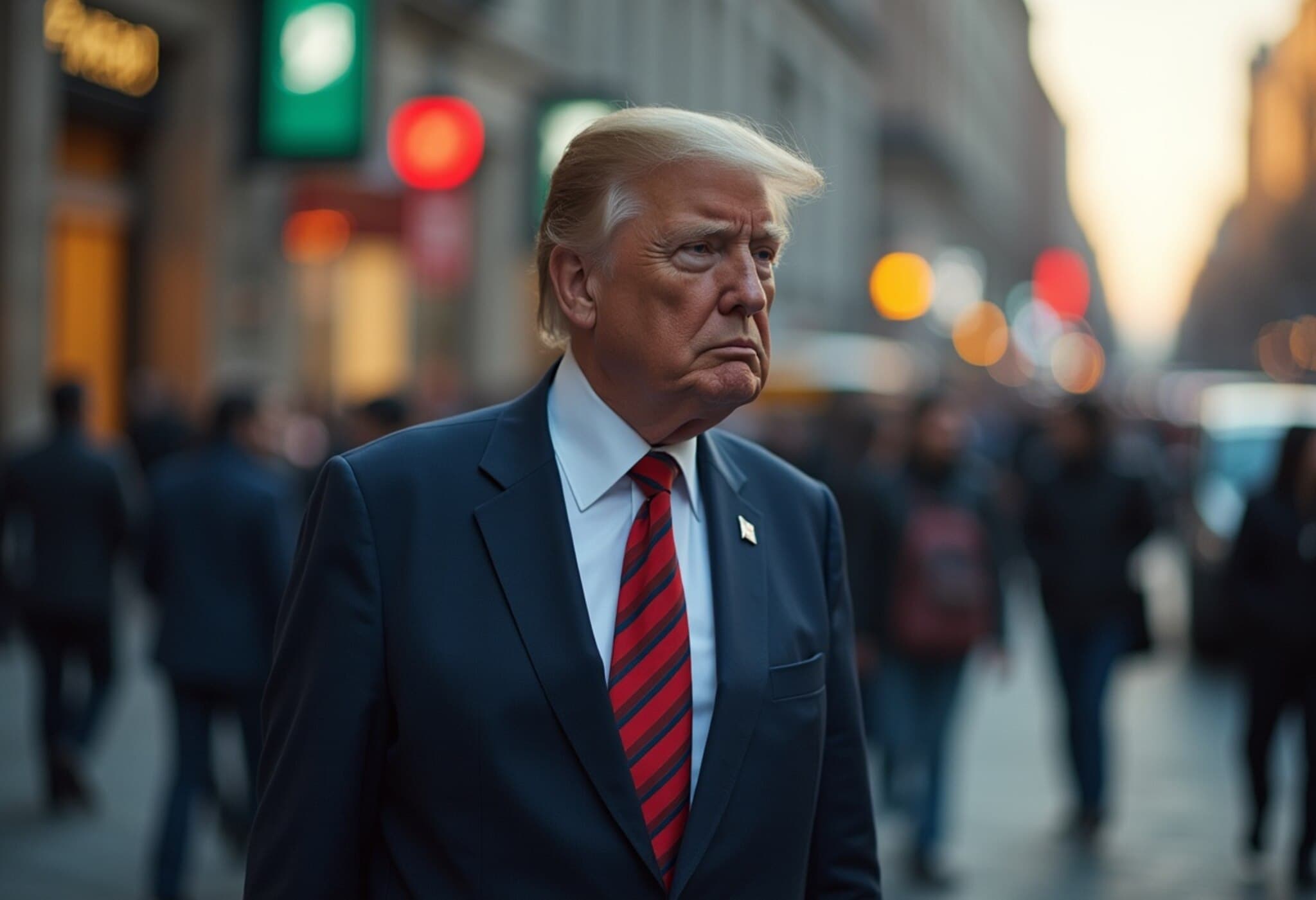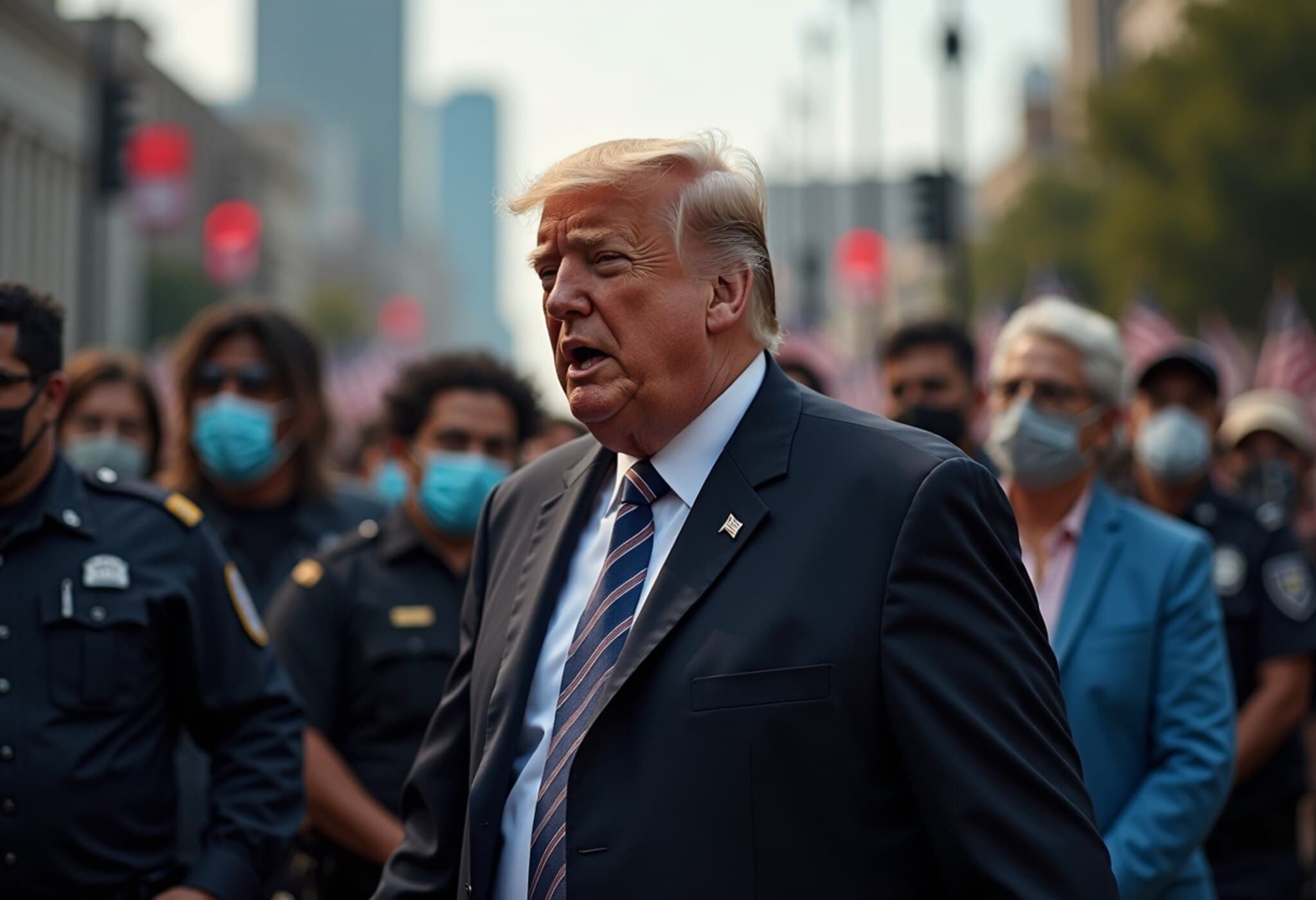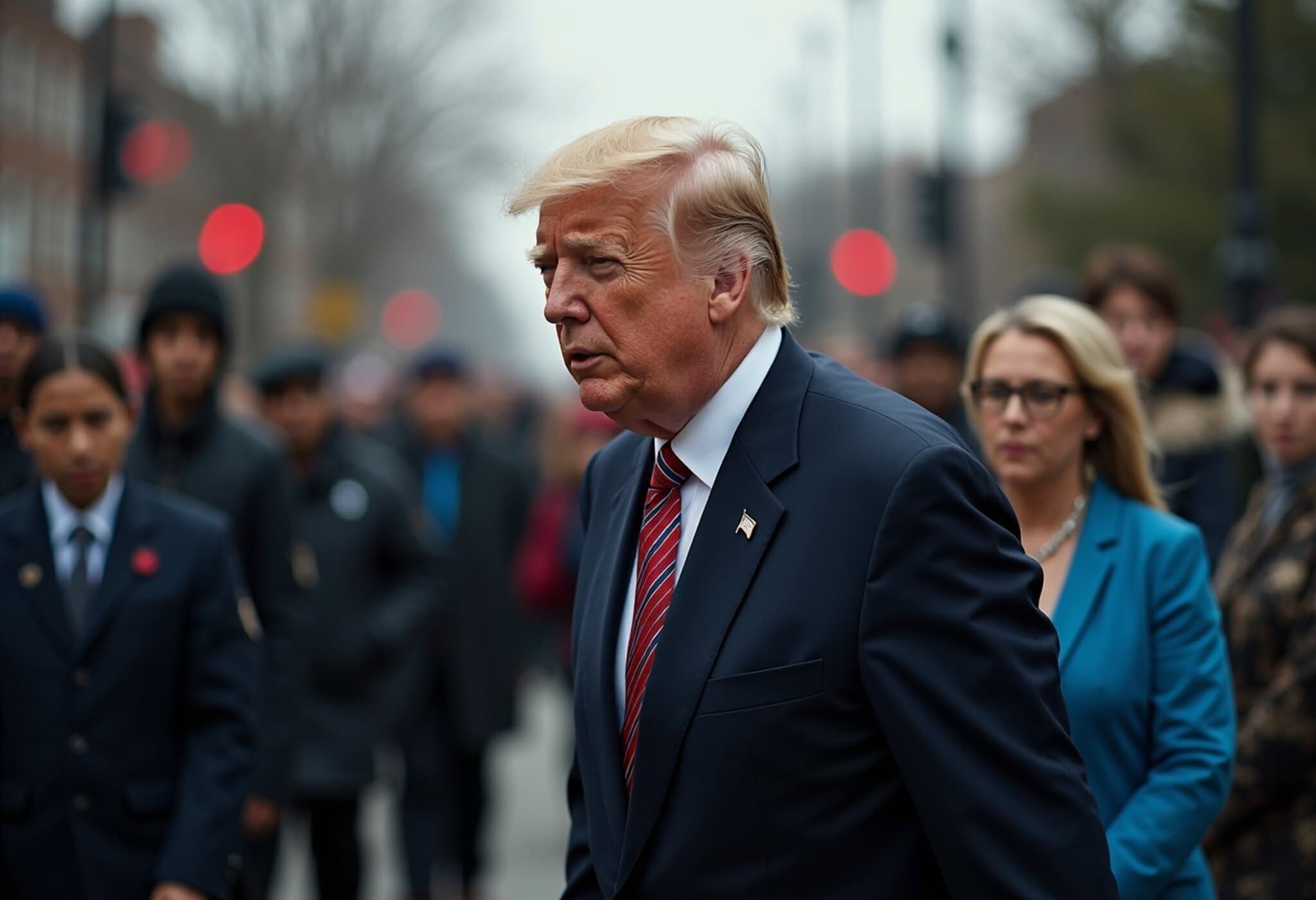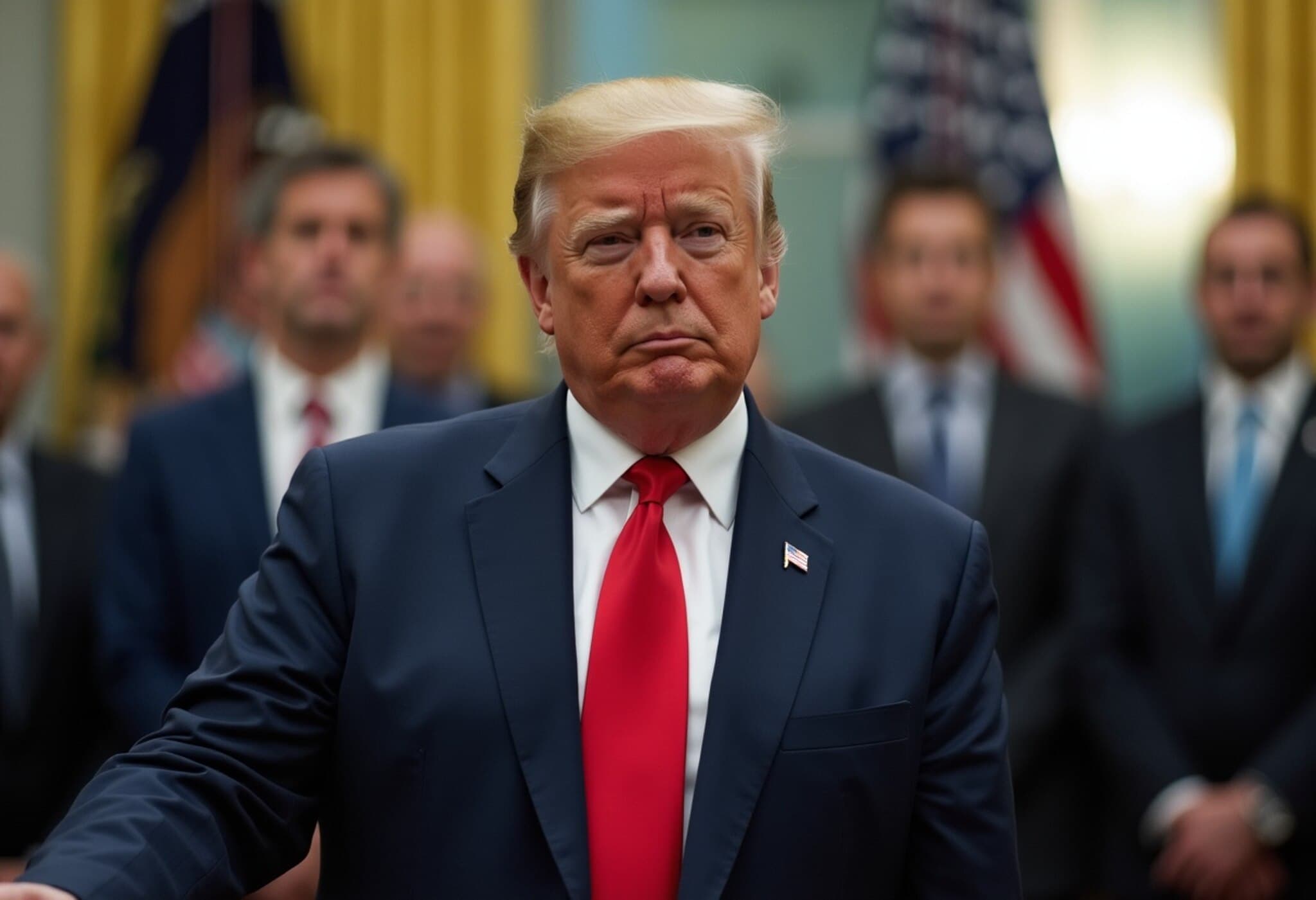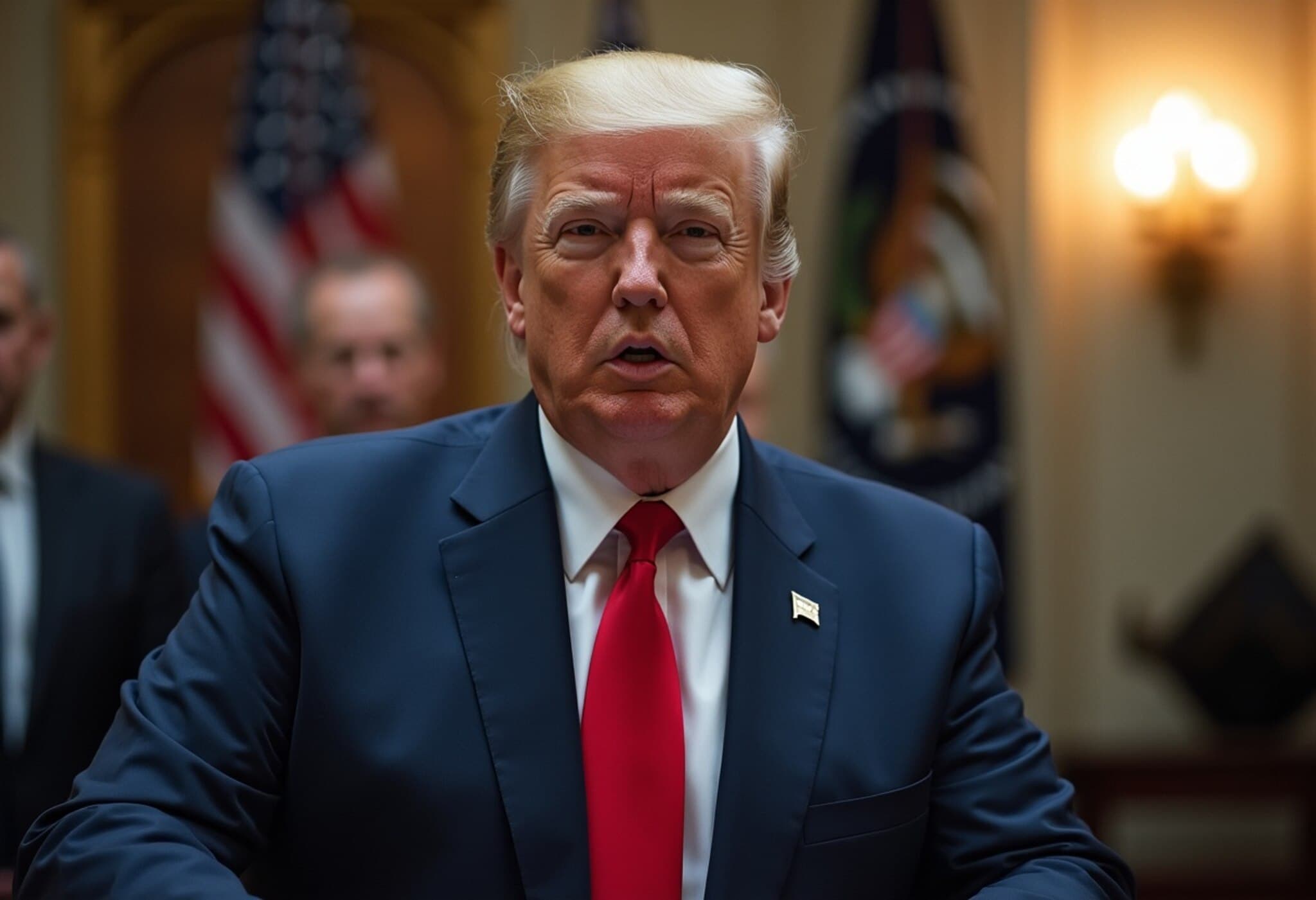US Appeals Court Upholds Birthright Citizenship Against Trump's Executive Order
In a landmark decision that marks a major victory for immigrant communities across the United States, the 9th U.S. Circuit Court of Appeals has ruled President Donald Trump's executive order aiming to end birthright citizenship as unconstitutional. This ruling firmly preserves the protections guaranteed under the 14th Amendment, ensuring that children born on U.S. soil, including those born to parents on short-term visas, continue to have automatic citizenship rights.
Key Details of the Court's Decision
The San Francisco-based 9th Circuit issued a 2-1 ruling on July 23, 2025, blocking the enforcement of Trump's executive order nationwide. The court agreed with previous district court findings that the president’s attempt to reinterpret the Constitution unilaterally was legally untenable. The majority opinion stated, “The district court correctly concluded that the Executive Order’s proposed interpretation, denying citizenship to many persons born in the United States, is unconstitutional. We fully agree.”
This appeal comes after the U.S. Supreme Court's June decision, which limited lower courts’ ability to issue broad, nationwide injunctions on federal policies. Nevertheless, exceptions exist, permitting courts such as one in New Hampshire to maintain injunctions against the order for nationwide class actions, thereby preserving legal challenges to the executive directive.
Immigrant States Lead Legal Challenge
The plaintiff states in this case—Washington, Arizona, Illinois, and Oregon—berated the executive order for attempting to change long-established citizenship law by fiat. Washington Attorney General Nick Brown emphasized the gravity of the court's verdict, stating, “The court agrees that the president cannot redefine what it means to be American with the stroke of a pen.” This sentiment captures widespread concern among immigrant rights advocates and constitutional experts alike.
The Trump administration now faces the decision of whether to request a rehearing by a larger 9th Circuit panel or to escalate the matter to the Supreme Court, which could further clarify or upend the ruling. Trump first signed this executive order on January 20, 2025, signaling a renewed focus on stringent immigration policies in his second term.
Historical and Constitutional Context
Birthright citizenship is enshrined in the 14th Amendment of the U.S. Constitution, ratified in 1868. It grants citizenship to virtually anyone born on American soil, regardless of parental citizenship or immigration status, with very limited exceptions. This provision was originally designed to protect the rights of formerly enslaved people and their descendants, ensuring equal access to citizenship.
The executive order's proposal to bypass this amendment sparked extensive legal debates. Most constitutional scholars agree that any attempt to alter birthright citizenship requires an amendment through Congress, not an executive action. This court ruling reaffirms that understanding of constitutional supremacy.
Implications for Immigrant Families
For many immigrant families, this ruling offers significant relief and security about the rights of their U.S.-born children. It confirms that their children will maintain citizenship and the myriad opportunities that come with it—ranging from access to education and healthcare to the ability to sponsor family members for legal status in the future.
Particularly for Indian American families and others who face long waits for green cards, birthright citizenship is a critical pathway to stability. U.S.-born children can sponsor their parents for permanent residency when they turn 21, a legal avenue closed off without citizenship rights.
Looking Ahead: The Legal Landscape and Social Debate
- Potential Supreme Court Review: The Trump administration’s next step could be petitioning the Supreme Court, possibly setting the stage for a nationwide constitutional showdown on birthright citizenship.
- Broader Immigration Reform: This ruling spotlights the limits of executive power and the urgent need for comprehensive immigration reform through legislative channels to address the complexity of modern immigration.
- Continued Public Debate: Birthright citizenship remains a deeply polarizing issue, intertwined with broader discussions about identity, inclusion, and national sovereignty.
Editor’s Note
This court ruling not only reinforces constitutional law but also underscores the deeply human dimension of immigration policy. The preservation of birthright citizenship safeguards millions of children’s futures and affirms America’s foundational commitment to birthright equality. Yet, the ongoing legal battles raise critical questions about the balance of powers among the executive, judicial, and legislative branches, highlighting the tension between unilateral policy-making and constitutional safeguards. As this debate unfolds, it remains essential to keep sight of the real families and communities at the heart of these high-stakes decisions.
For policymakers, journalists, and citizens alike, this decision is a pivotal reminder: enduring change in immigration policy comes through constitutional processes—and the voices of those affected must remain front and center in discussions about America’s future.


